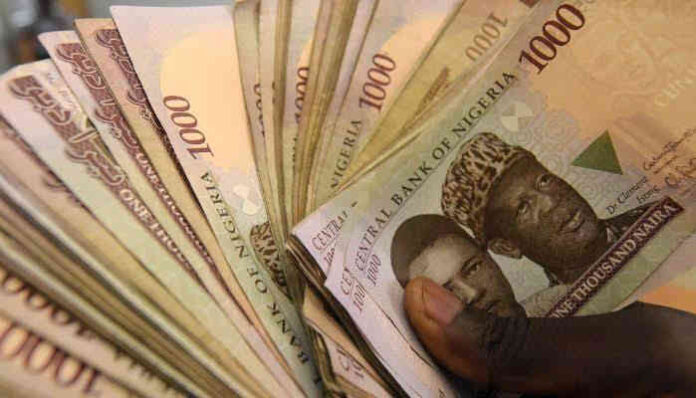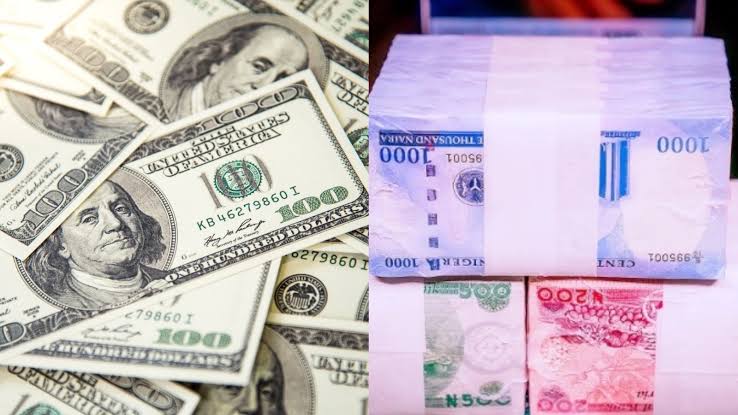CBN floats Naira for the first time in five years.
Ejes Gist News Nigeria has five Key Points to Know as CBN Floats Naira at I&E Window.
In a significant shift, the Central Bank of Nigeria (CBN) has apparently given in to long-standing pressure from the World Bank and the International Monetary Fund (IMF) to float the Naira. Forex traders, including commercial banks and forex dealers, were granted the freedom to trade the Naira without any rate restrictions on Wednesday.
According to findings by The Nation, Forex traders operating in the Investors and Export (I&E) window were previously limited to buying and selling Forex with only a marginal difference of N1. However, investigations confirm that such restrictions were lifted on Wednesday morning, allowing for unrestricted trading.
As of 12 noon, the Naira was already being exchanged at N750 to the dollar. Nevertheless, the final exchange rate will be determined at the close of trading by 4 pm.
Insiders suggest that the decision to allow the Naira to float freely may be influenced by recent statements made by Wale Edun, a close associate of President Bola Tinubu, regarding the imminent unification of the exchange rate. Edun had mentioned in a recent interview with Bloomberg that certain prerequisites needed to be in place before full exchange rate unification could occur. While no specific date was provided, Edun expressed his belief that progress had already been made in that direction.
President Bola Tinubu, in his inaugural speech, pledged to unify the exchange rates as a means to promote stability in the Forex market.
Here are the 5 main points you need to know as CBN floats naira.
1. Central Bank’s Reluctant Shift: After years of resisting pressure from international financial institutions, the Central Bank of Nigeria (CBN) has finally allowed the Naira to float freely. This marks a significant departure from its previous stance on exchange rate control.
2. Forex Traders Granted Freedom: Forex traders, including commercial banks and forex dealers, are now able to trade the Naira without any restrictions on the exchange rate. This move opens up opportunities for market participants and potentially increases liquidity in the foreign exchange market.
3. Removal of Rate Cap: Previously, traders at the Investors and Export (I&E) window were limited to a marginal difference of N1 for buying and selling Forex. However, this cap has been lifted, allowing for unrestricted trading and a more market-driven exchange rate.
4. Exchange Rate Movements: Following the decision to float the Naira, the exchange rate quickly adjusted, with the Naira being exchanged at around N750 to the dollar as of midday. The final rate for the day will be determined at the close of trading, providing insights into the market’s response to the new policy.
5. Unification on the Horizon: The decision to allow the Naira to float freely may be a step towards unifying the exchange rates. Statements from key figures, such as Wale Edun, a close associate of President Bola Tinubu, suggest that exchange rate unification is imminent, although a specific timeline has not been provided. President Tinubu has expressed his commitment to rate unification to promote stability in the Forex market.










